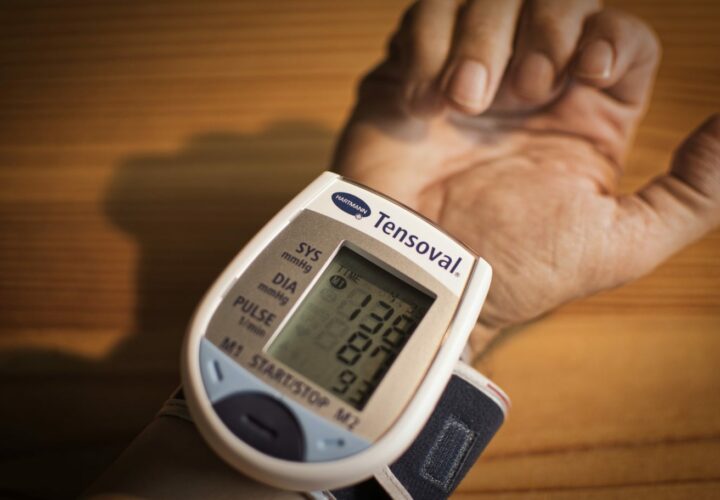Researchers from the National University of Ireland at Galway have discovered a significant link between high blood pressure and a higher risk of incident dementia or cognitive impairment, and recently published their study in the Journal of the American Medical Association (JAMA).
Previous studies have examined the link between dementia and hypertension, but all results have been inconclusive. In 2003, a JAMA study found a link between both high and low diastolic blood pressures and an increased risk of cognitive impairment. However, unlike other studies on high blood pressure, this study said it would focus on low blood pressure as a risk factor. In fact, the two most recent trials, SPRINT MIND and HOPE-3, comparatively found separate results regarding high blood pressure as a risk factor.
HOPE-3 found no significance between high blood pressure and high-risk dementia, while SPRINT MIND found a reduced risk of mild impairment.
The newest study gives another piece of the puzzle to doctors. With almost ten times the number of participants, it showed the most definitive results to date. Its findings: hypertensive treatment can lower the risk of cognitive decline.
According to Dr. Michelle Canavan, Consultant Geriatrician at Galway University Hospital and a senior author of the study, the relationship between blood pressure and dementia risk is that high blood pressure — also known as hypertension — can cause cognitive impairment through clotting or bleeding. This can lead to a stroke, silent strokes and brain atrophy, which can lead in turn to brain shrinkage. A silent stroke, or otherwise known as a covert stroke, is a notable cause of dementia as damage to the brain accumulates over time with almost no detection.
“The effect of lowering blood pressure on the brain not only reduces the risk of stroke but also reduces the amount of damage to blood vessels in the brain,” Canavan said. “When brain blood vessels, particularly small blood vessels, are subjected to prolonged high blood pressure levels, they can be damaged causing brain cell death and dysfunction, which can result in slower brain processing and decline in memory over time.”
The study consisted of 96,158 participants within 14 randomized but controlled clinical trials. The participants, whose mean age was 69, were followed over a four-year period.
Researchers of this study found that lowering blood pressure using antihypertensive medications did in fact lower the risk of cognitive impairment or decline by 7 percent.
The researchers behind the study say greater scientific confidence in this link between hypertension and dementia risk is helpful because, compared to other therapeutic treatments for dementia, accepted blood pressure treatments — such as ACE inhibitors, diuretics or beta blockers — are generally more accessible, more affordable and less invasive. Thus, treating blood pressure could be a relatively accessible, affordable and non-invasive way to reduce the need for dementia treatment in the future.
“We would hope to disseminate a simple message from this research: Get your blood pressure checked,” said Canavan. “If it is high, it can be readily treated with lifestyle changes and medications. We would hope that our study will heighten awareness of the importance of controlling blood pressure to maintain brain health, combined with a healthy lifestyle.”
Canavan said she and her team hope the study will impact future trial design in order to examine the link between hypertension and cognitive decline more closely. She also hopes the illuminating results will lead to more research and funding. Overall, it is a new actionable and non-invasive step people may take in preventing dementia and cognitive impairment.






